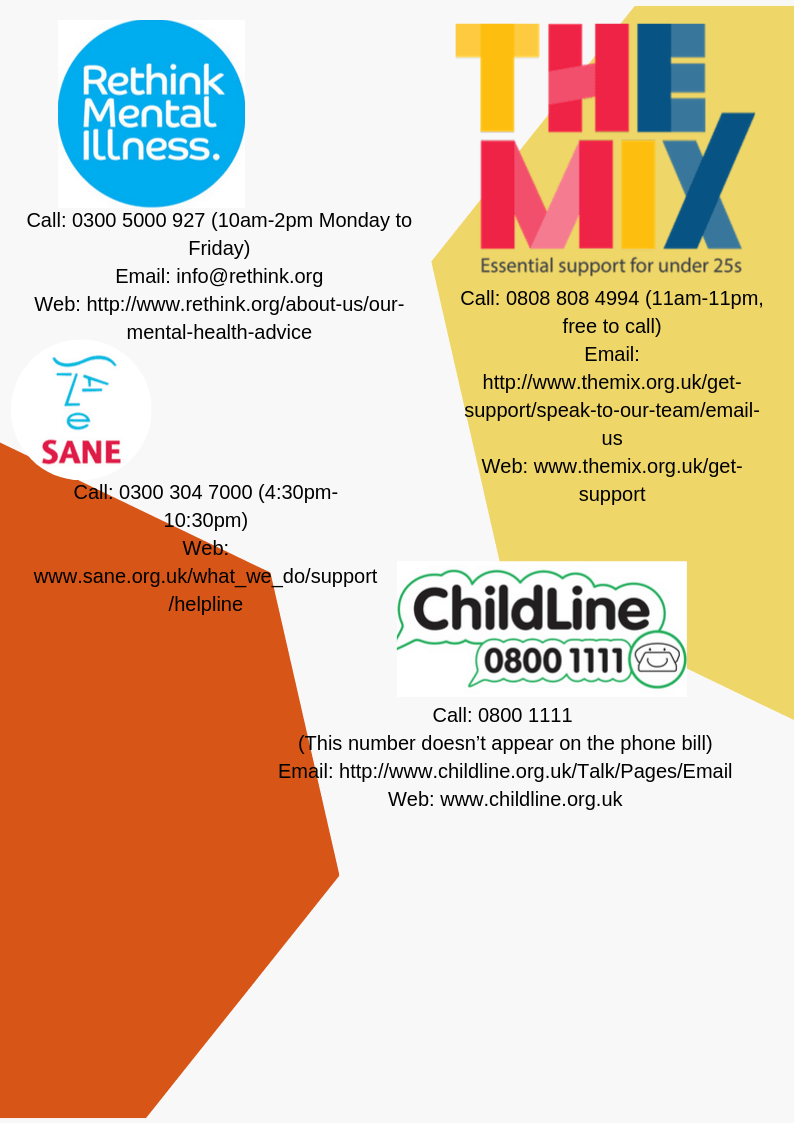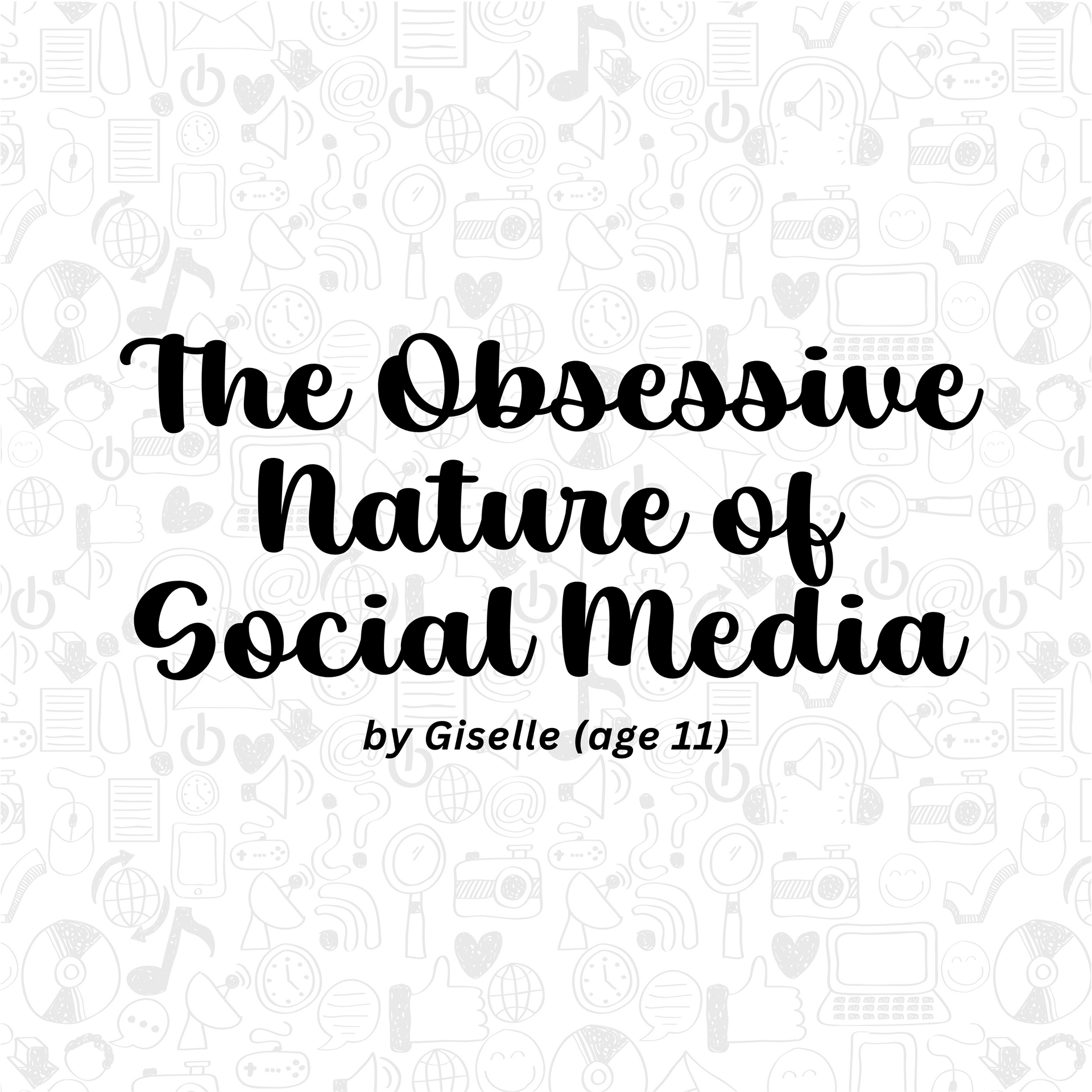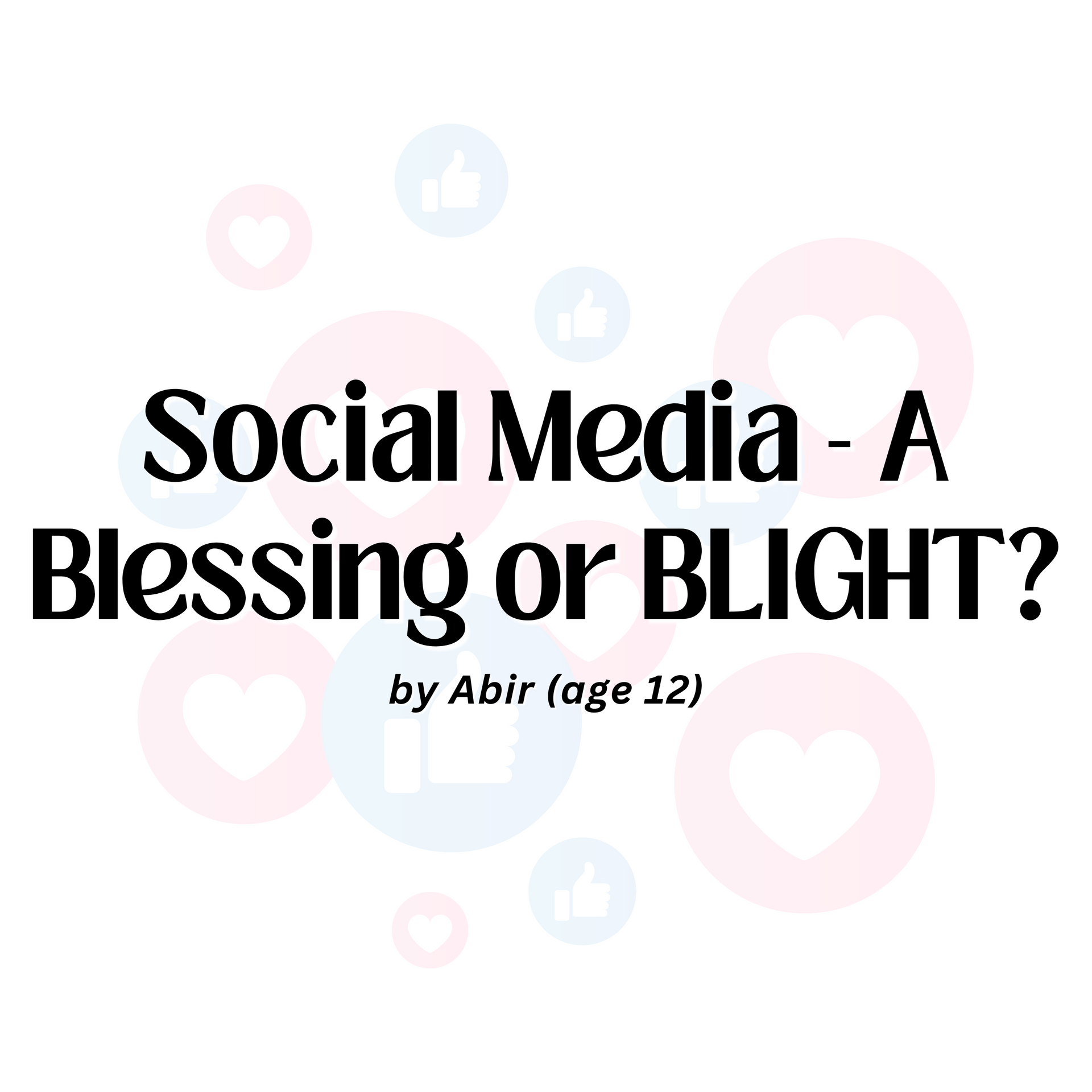#iDare Blog: By young people, for young people
Why It's Good To Talk About Mental Health
#iDareToTalk
In my opinion talking and being open about your Mental Health difficulties is one of the best ways to get help, alright I know there’s going to be people saying “Yeah, but it’s hard to be open enough to talk” but I feel that there’s going to be a point in your life where being silent and not talking about it is going to really mess you up.
If you’re not a good talker, or listener then I feel that the tips I’m going to cover in this article may be of help.
After completing a Connect 5 Training course back in July, I learnt about how
Open Questions can be beneficial in helping people to get the support that they
need, they are questions that don’t get just a Yes or No answer and actually
encourage them to talk to you knowing that the conversation is a safe place
your holding open for them – reassure them that nothing they say is wright or
wrong. You must really think about your answer to open questions so give them
some time, some people allow 10 seconds of silence before saying something else
but do whatever is natural to you.
Some of the most common Open Questions are questions that begin with:
How…?, What…?, When…?, Where…?
An example of open questions used within a conversation could be as follows:
“How are you doing?”
“What’s wrong?”
If you’re struggling to know what to say just try asking “How are you feeling today”?
If they are still not in a good place after your conversation, there’s a couple of questions you can ask before getting them the help they need, some of those questions may include:
Have you talked to anyone else about this?’
‘Would you like to get some help?’ ᵒ
‘Would you like me to come with you?’ ᵒ
Or, for someone who is reluctant to get help:
‘Do you have someone you trust you can go to?’ ᵒ
‘If it helps, you can talk to me any time.’ᵒ
(ᵒ: Questions taken from www.Samaritans.org )
If you’d like to know more about talking, then take a look at Samaritans and their SHUSH listening tips.
Show you care – Focus on the other person
Have patience – It may take time for the other person to open up
Use open questions – more than a yes or no, use the words “tell me more”
Say it back – check you’ve understood, clarify the meaning and summarise what’s been said
Have courage – don’t be put off by a negative response and don’t feel the need to fill a silence
If you or someone you know needs support, you can contact the following people:
Samaritans
Call: 116 123 (24 hours a day, free to call)
Email: jo@samaritans.org
Web: www.samaritans.org
Mind Infoline
Call: 0300 123 3393 (9am-6pm Monday to Friday)
Email: info@mind.org.uk
Web: www.mind.org.uk/help/advice_lines
Rethink Mental Illness Advice Line
Call: 0300 5000 927 (10am-2pm Monday to Friday)
Email: info@rethink.org
Web: http://www.rethink.org/about-us/our-mental-health-advice
Saneline
Call: 0300 304 7000 (4:30pm-10:30pm)
Web: www.sane.org.uk/what_we_do/support/helpline
The Mix
Call: 0808 808 4994 (11am-11pm, free to call)
Email: http://www.themix.org.uk/get-support/speak-to-our-team/email-us
Web: www.themix.org.uk/get-support
ChildLine
Call: 0800 1111 (This number doesn’t appear on the phone bill)
Email: http://www.childline.org.uk/Talk/Pages/Email
Web: www.childline.org.uk















